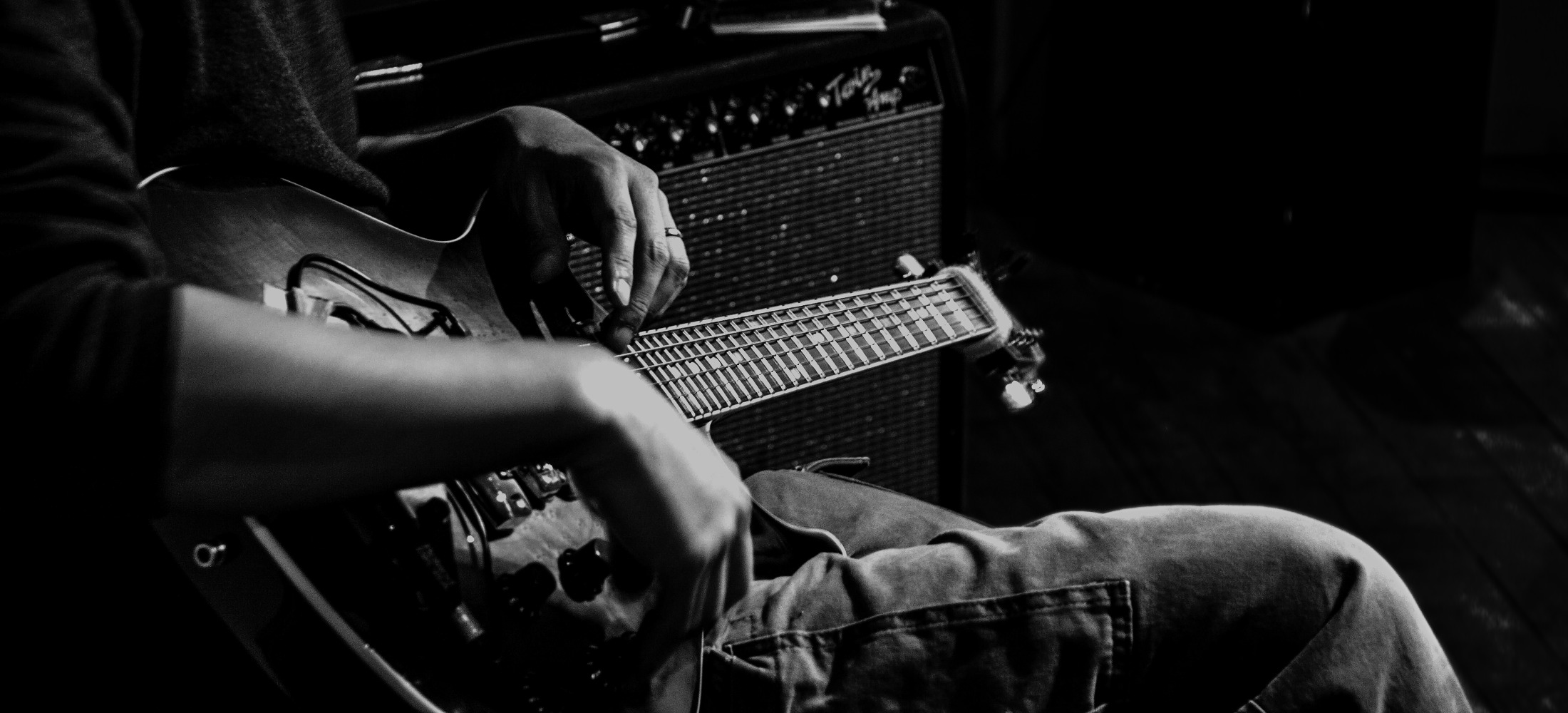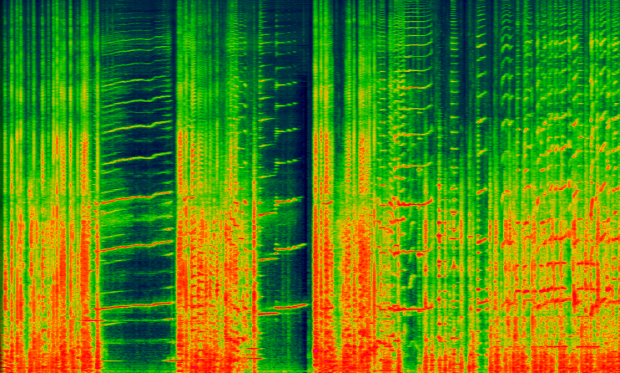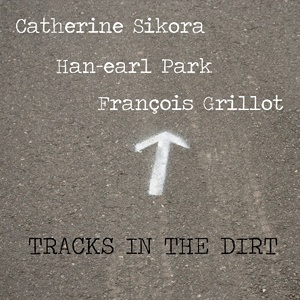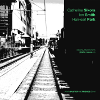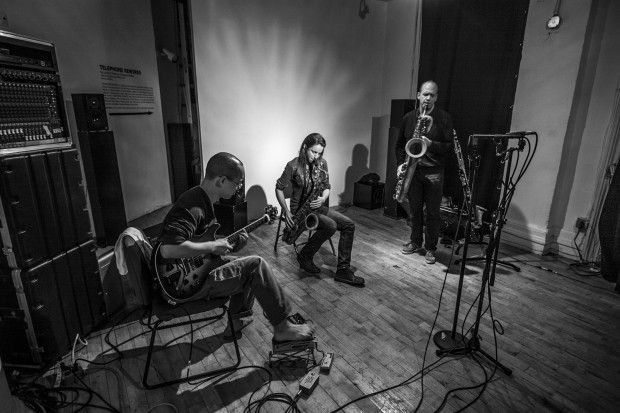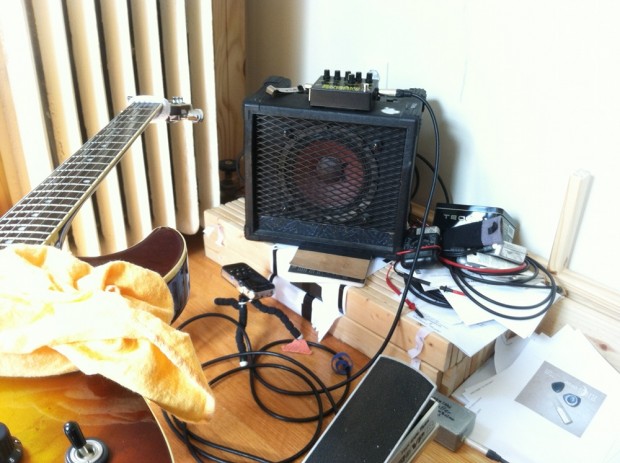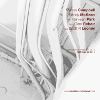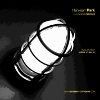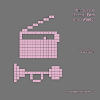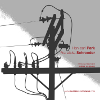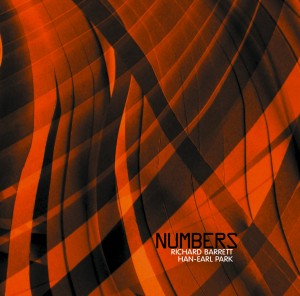The entire catalog of Paul Dunmall’s record label, DUNS Limited Edition, is now online:
Duns Limited Edition has ceased production, but during its lifetime it was pretty prolific. Having founded the label himself, Paul relished in the freedom to record and release on cdr a multitude of projects, playing with like-minded, creative musicians at his invitation. All the music is totally freely improvised. [Read the rest…]
[DUNS on YouTube…] [Facebook…]
And, as part of that catalog, you’ll find Boolean Transforms (DLE-067) by Paul Dunmall and Han-earl Park recorded way back in November 2009. Physical copies of this and some other DUNS albums are still available from Downtown Music Gallery and from Mind Your Own Music, and you can view some video footage from this concert.
Also by Paul Dunmall and Han-earl Park
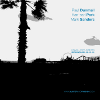
Dunmall-Park-Sanders (Birmingham, 02-15-11) [details…]
Performers: Paul Dunmall (saxophones and bagpipes), Han-earl Park (guitar) and Mark Sanders (drums).
(cc) 2013 Paul Dunmall/Han-earl Park/Mark Sanders.
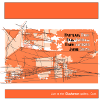
Live at the Glucksman gallery, Cork (owlcd002) [details…]
Performers: Han-earl Park (guitar), Paul Dunmall (saxophone), Mark Sanders (drums) and Jamie Smith (guitar).
© 2009 by Owlhouse Recordings.
℗ 2009 Han-earl Park/Paul Dunmall/Mark Sanders/Jamie Smith.
